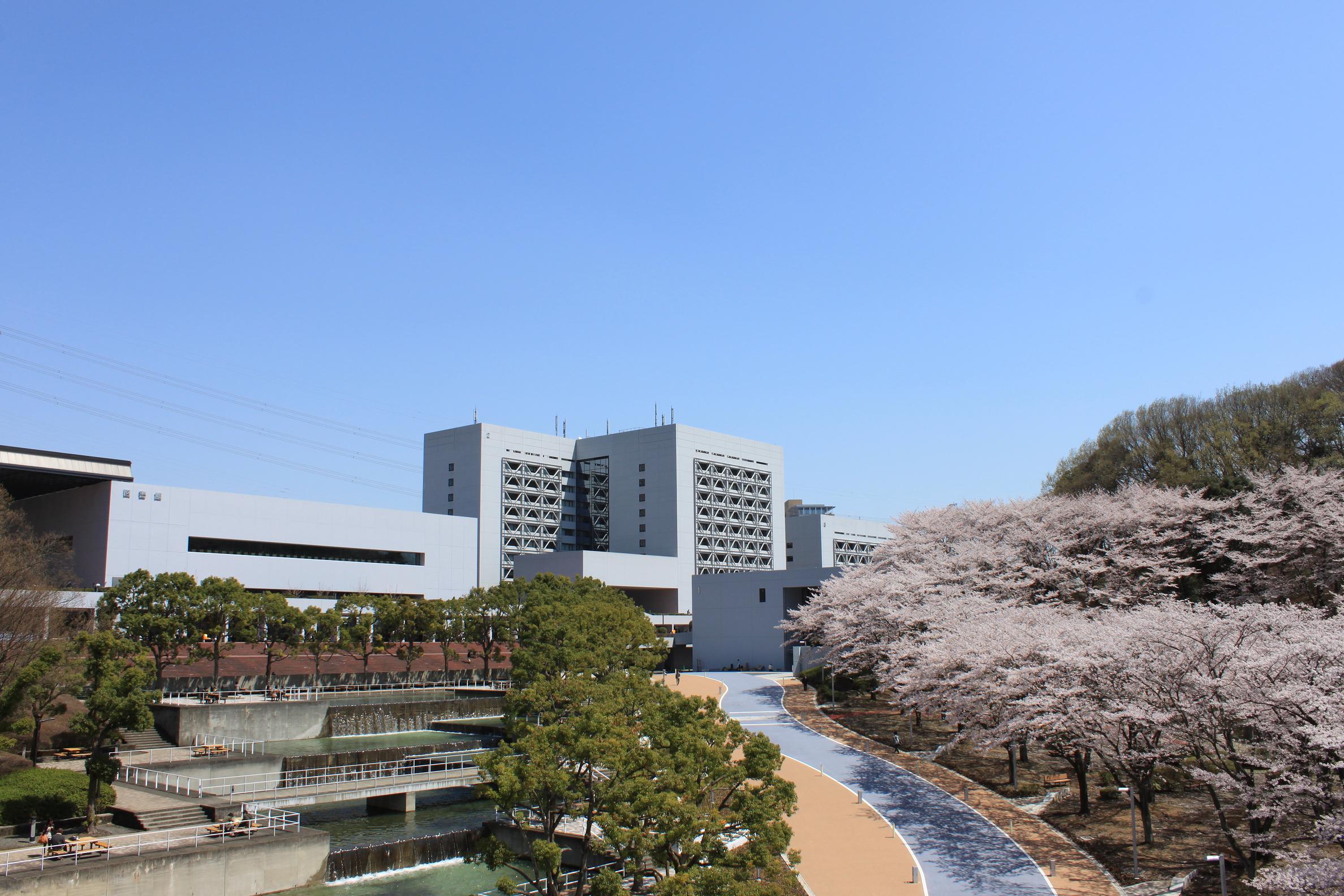A joint research group led by Professor Ichiheita Dan of Chuo University uses fNIRS brain function imaging using near-infrared light to evaluate the value judgment of the "IKEA effect" related to "experience consumption". We succeeded in realizing quantification.
In recent years, attention has been paid to a form of consumption called "experience consumption", which is intended for experience rather than consumption of goods. "Experience consumption" is closely related to cognitive bias, and this research focused on "IKEA effect" among them. The IKEA effect is a cognitive bias in which the maximum price that consumers are willing to pay (maximum price to pay: WTP) is highly evaluated by assembling disparate products by themselves. deeply related.
The research group confirmed the occurrence of the IKEA effect and examined the cognitive mechanism of the IKEA effect from the viewpoint of brain function.We created conditions for 30 students with or without experience of assembling products (DIY experience), showed each product photo, and asked them to evaluate WTP.At the same time, brain function under evaluation was measured mainly in the prefrontal cortex by functional near-infrared spectroscopy (fNIRS), which is a noninvasive brain function imaging method using light.
As a result, it was found that the activity of the left dorsolateral prefrontal cortex/frontal pole was significantly greater in the DIY condition than in the “Non-DIY condition” in which the product was not assembled.This brain region is active in evoking events with strong impressions.In the brain representation of the IKEA effect observed this time, it was speculated that DIY experience caused a strong impression of the product, and that the short-term memory of DIY was recalled by looking at the product photo during WTP measurement.
This time, quantifying the value judgment of "experience consumption" based on DIY-like experiences by brain function measurement is expected to contribute to the development of neuromarketing of "experience consumption" using fNIRS. there is
Paper information:[Frontiers in Neuroergonomics] Visualizing the IKEA effect: Experiential consumption assessed with fNIRS-based neuroimaging

